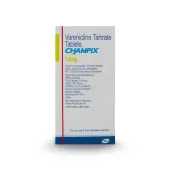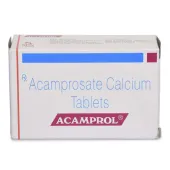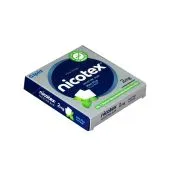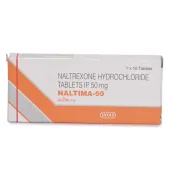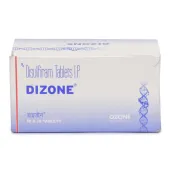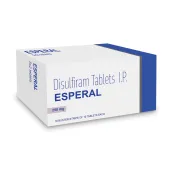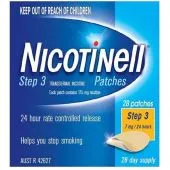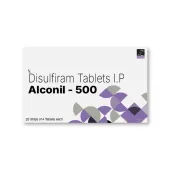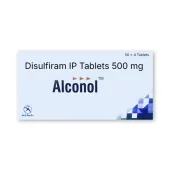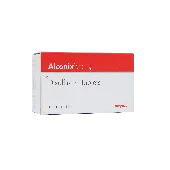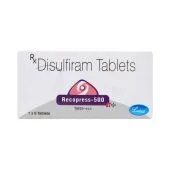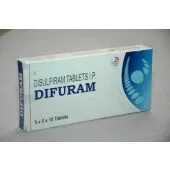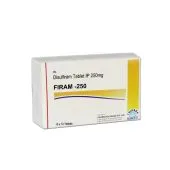Alcohol & Drug Treatment
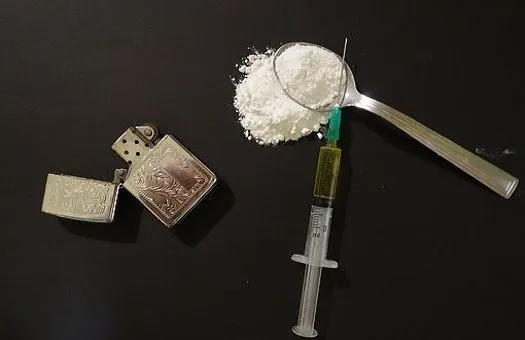
Alcohol & Drug Treatment
Drugs like Naltrexone, Acamprosate, Disulfiram, and Nicorette can be a powerful tool in your fight against the addiction to alcohol, smoking or other unhealthy drugs. They are changing the Read more...
Alcohol & Drug Treatment
Drugs like Naltrexone, Acamprosate, Disulfiram, and Nicorette can be a powerful tool in your fight against the addiction to alcohol, smoking or other unhealthy drugs. They are changing the way medical professionals are treating cases of addiction. Please note that these drugs work the best in specific cases and their administration as a general drug for all addictions may not give the desired results.
Reasons For Alcoholism Or Drug Addiction
Not everyone who uses drugs becomes addicted. But it can happen to anyone and at any age. Some things may raise your chances of addiction, including:
-
Family history
-
Early exposure to drugs
-
Mental disorders
-
Troubled relationships
Symptoms Of Alcoholism Or Drug Addiction
A person addicted to drug or alcohol can be identified by following signs-
-
An urge to use the drug every day, or many times a day.
-
Choosing drugs and alcohol over relationships, career, and family.
-
Consuming drugs than you want to, and for longer than you thought you would.
-
Always keeping your dose accessible, even while traveling and working.
-
Spending more time in a shell.
-
Not caring about health, hygiene or looks.
-
Feeling sick when trying to quit.
Adverse Effects On Body
Over time, the brain of an addicted person gets used to the extra dopamine. So he/she might need to take more of the drug to get the same good feeling. And other things they used to enjoy, like food and hanging out with family, may give them less pleasure.
When you use drugs for a long time, it can cause changes in other brain chemical systems and circuits as well and can hurt your-
-
Judgment capability
-
Decision making
-
Memory
-
Ability to learn
In the long term, these brain changes can drive you to seek out and take drugs in ways that are beyond your control.
Preventive Measures
The substance or activity to which we become addicted changes our brain chemistry. After a certain period of time addicted, our brains may begin to crave the drug of choice to the neglect of everything else in our lives. We become hardwired to feed our addiction. Thankfully, there are a few preventative measures you can take against drug addiction as-
-
Scour Your Family History
-
Deal with Pressure
-
Balance Your Life
-
Seek Help for a Mental Illness
Common Medications
-
Naltrexone
-
Disulfiram
-
Acamprosate
-
Nicorette
You can buy anti-alcohol drugs online from any reliable online drugstore as ours. Make sure that the products are not duplicate as they can react adversely with your body.
Myths/Facts
Myth- Addiction is a moral failure
Fact- Someone’s potential for addiction is affected by several factors, includes Genetics;Environmental factors;Developmental factors, such as family upbringing and past trauma and Psychological factors, such as distress tolerance, impulsivity, emotion regulation, and executive functioning.
Myth- Everyone who uses drugs is an addict
Fact- Addiction involves signs like conflicts in relationships, loss of interest in previously enjoyed activities, withdrawal symptoms when trying to cut down drug dosage, etc. According to a study by NIDA, about 12% of people that use alcohol become addicted to it. Same is the case with cocaine and marijuana with 15% and 8% people respectively.
Drug Interactions
Let your doctor know about all prescription, non-prescription, illegal, recreational, herbal, nutritional, or dietary drugs you're taking, especially which are listed below-
-
Any prescription or non-prescription drugs that might contain alcohol
-
Blood thinners such as Coumadin (warfarin)
-
Dilantin (phenytoin)
-
Elavil (amitriptyline)
-
Isoniazid
-
Vitamins
Please note this is not the complete list of interactions. Visit your healthcare provider for the same.
Important Things To Know
1. Anti alcoholic medications contain a black-box warning; which means they should never be given to someone without that person's knowledge.
2. Do not fuse these drugs with alcohol, as it may result in severe health issues and can also cause the death of the administrator.
3. Before taking these drugs, tell your doctor if you have, or have ever had:
-
Diabetes
-
Thyroid disease
-
Epilepsy
-
Brain damage or a head injury
-
Mental illness
-
Heart disease
-
A heart attack or stroke
-
High blood pressure
-
Kidney disease
-
Liver disease
-
Allergies to medications
4. You shouldn't use anti-alcohol drugs if you've recently taken as Flagyl (metronidazole) or paraldehyde drugs.
5. Many common foods and other products may contain a small amount of alcohol that can cause unpleasant experiences. These products include:
-
Mouthwash
-
Cough medicines
-
Cooking wine or vinegar
-
Certain desserts
-
Cologne or perfume
-
Aftershave
-
Antiperspirants
-
Antiseptic astringent skin products
-
Hair dyes
-
Paint thinners, solvents, stains, and lacquers
-
Waxes, dyes, resins, and gums
6. Check product labels carefully to see if any foods or products you use contain alcohol, and avoid these items while taking these drugs
7. All medical professionals who treat you should know that you're taking anti-alcohol drugs.
8. Children under age 18 shouldn't take Antabuse unless a doctor recommends it.
9. The effects of these drugs on an unborn baby are still unknown. It's also not known whether the drug passes into breast milk or could hurt a breastfeeding baby.
10. Tell your doctor if you're pregnant, or might become pregnant, before taking this medicine.
11. Look for warnings and usage instructions when to plan to buy anti-alcohol drugs online.
Expected Side Effects
Side Effects of anti-alcohol drugs can be serious, but rare. Let your doctor know if any of the symptoms listed below become severe or don't go away:
-
Skin rash
-
Drowsiness
-
Acne
-
Mild headache
-
Tiredness
-
Metallic taste or garlic-like taste in the mouth
-
Impotence or lack of interest in sex
Serious Side Effects of Anti-alcohol and drug medications
-
The confused state of mind
-
Unusual thoughts or behaviors
-
Extreme fatigue or tiredness
-
Seizures
-
Fainting
-
Weakness
-
Weak or shallow breathing
-
Slow heart rate or weak pulse
-
Severe chest pain spreading to jaw or shoulder
-
Loss of appetite
-
Upset stomach or vomiting
-
Dark-colored urine
-
Jaundice
-
Eye pain or sudden vision loss

